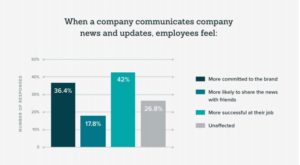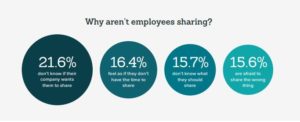Are you doing right by your organization or by your customers?
These should be the same thing. An “and” not an “or.” The answer should be “both.” What improves the business should also improve the people the business serves. I don’t care if you’re selling widgets, prescription drugs, surgeries, or smartphones. If your business interests align with your customers’ interests, then you should be long-term successful.
Henry Ford understood this. Price a Model T too high, and workers can’t buy a car.
Gerry McGovern has a terrific post on being customer-centric:
You know that the future of organizations lies in finding a customer objective you can meet and making that your objective… This is the real digital transformation. From organization-centric to customer-centric. The real digital natives are customers. Digital transformation has already happened among customers. They have better tools and are often more informed and better organized than organizations. All this information has made customers trust themselves and their peers more, and organizations and brands less.
Bingo.
We’re just not that into you anymore.
Engagement isn’t only about customers.
It’s also about employees. The workers who buy cars (and other stuff). When we don’t have our employee hats on, we are all consumers.
Too many companies still think about engagement in disengaged ways (when they think about it at all). So there’s consumer engagement. Employee engagement. Shareholder engagement. While it makes sense to segment how you talk to different audiences, the basic rules should be the same.
Too many companies ignore employee engagement.
Sprout Social released new research on the disconnect around employee engagement.

When companies share, employees feel more engaged. This makes sense. We want to know what’s going on, to be connected to the bigger picture. But what happens next?

According to the research, far too many employees don’t know if they should share company news or what they can or should share. It’s not clear. Organizations are taking their best advocates, what McGovern terms “customer champions,” and putting them on a shelf.
Instead of people talking to people, this leaves you with corporate speak.
The Sprout Social report points out that when researching an organization, people trust friends and family first and then company employees. Not the brand (which comes in third) — but its people. So why don’t more companies trust and encourage their workers to speak for them?



